Creatine vs whey: When to use them
If you’re interested in supplements, you may want to know the benefits of creatine vs whey. We asked a sports nutritionist how taking each one improves your performance
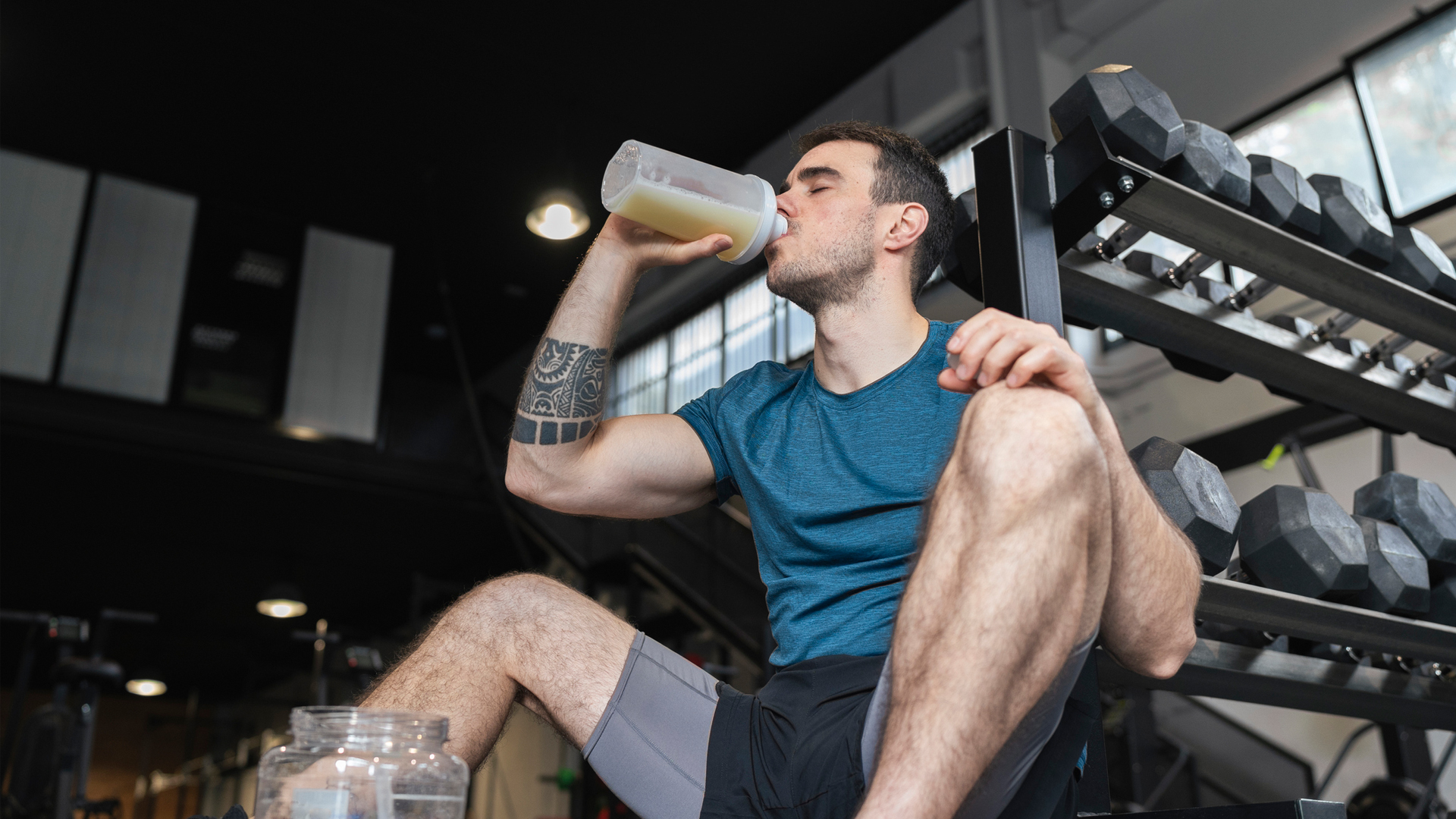
It can be difficult to know where to start when it comes to using supplements to support your training goals. A debate that many have had in the fitness world is the benefits of creatine vs whey. Both are science-backed supplements that can help you to increase muscle mass, but each has its own unique benefits and uses.
So which supplement is better for you? We asked Gareth Nicholas, Maximuscle’s performance nutritionist, to break down how whey protein and creatine work, the advantages of using one over the other, as well as the differences between the two, so you can make an informed decision about which one will be most effective for your fitness goals.
Creatine vs whey: How do they work?
Creatine and whey offer similar benefits when it comes to increasing muscle mass but the way they work within the body differs significantly. Creatine is a non-protein amino acid compound, mostly found in red meat and seafood.
“Ninety five percent of creatine found in the body resides in skeletal muscle and the remainder is found in the brain and testes,” says Nicholas. There are a few benefits of creatine. It is particularly useful during maximum bursts of energy, like sprinting, so it’s most beneficial for people who are looking to improve their high-intensity performance and promote muscle growth.
Whey is a form of protein, which is an essential nutrient that everyone needs as it is responsible for numerous functions, like supporting the building of tissue, cells and muscle. According to Nicholas, “Whey protein is a source of protein derived from the cheese-making process.”
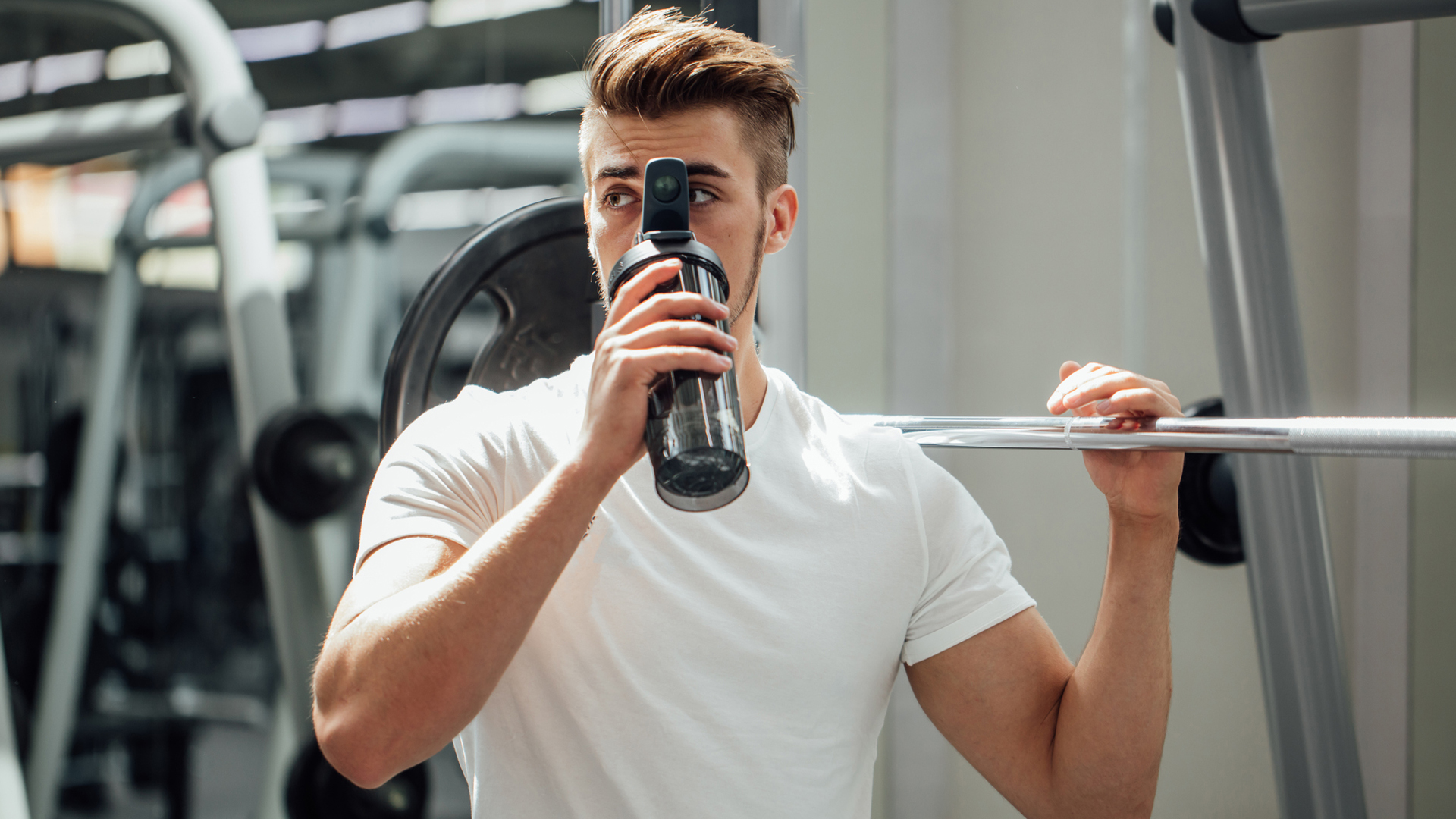
The journal Nutrients found whey to be one of the most effective sources of protein when it comes to supplements and the effects of an increased protein intake help your muscles repair faster after a workout, which in turn, benefits muscle growth. Further research in Nutrients revealed that protein intake can “promote additional gains in lean body mass beyond those observed with resistance exercise alone".
Whey and creatine are popular supplements for people who exercise, particularly those who lift weights and are interested in increasing their muscle mass, as both supplements have benefits when it comes to increasing muscle mass.
Get the Fit&Well Newsletter
Start your week with achievable workout ideas, health tips and wellbeing advice in your inbox.
Find out more about how to use creatine to meet your fitness goals, as well as the difference between creatine vs pre-workout.
Creatine vs whey: Differences
Although creatine and whey have similarities, their purposes and effects are different.
“Creatine is still seen [as a supplement] for the exercising population,” says Nicholas. “Whey doesn’t have to be solely for the exercising population and is becoming more of a household ingredient. Everyone could use creatine but not everyone needs to, whereas everyone needs protein,” he adds.
Creatine is only something you would supplement with if you’re looking to improve your high-intensity performance while training to promote muscle mass. On the other hand, protein is an essential nutrient, so whey could be used by anyone at any time, even if you don’t exercise and are simply looking to increase your protein intake within your diet. On top of this, protein is a key driver in muscle building, so something like whey is more foundational when it comes to supplementing your diet. Creatine is more of a “catalyst” for muscle growth according to Nicholas.
“Creatine would be useful when, for example, you’ve been training hard but hit a plateau or perhaps you struggle with exercise recovery or injury,” says Nicholas.
Whereas whey can be taken more sporadically to boost protein intake, such as for breakfast as part of a protein pancake recipe, creatine requires more thought and planning. Nicholas recommends consuming 0.3g of creatine per kg of body weight, which is roughly 5g a day. “This should be done in a cycle; 5g a day for 6-12 weeks, every day,” he says, adding that you can mix it with any cold drink and the best time of day to take it is in the morning.
Creatine vs whey: Which is better?
There isn’t a one-size-fits-all answer as to which supplement will be most effective for you. In fact, Nicholas stresses that, “Creatine and whey should not be compared as they provide different results.”
In fact, the two supplements could even be used alongside each other for different benefits, especially if you exercise regularly. But while whey could easily be incorporated as a regular, healthy part of any person’s diet, creatine should only be used as a supplement that supports exercise performance. “Creatine supplementation could help many people, but would be a much smaller portion of the population [compared with whey],” Nicholas says.
If you do think creatine could be useful for your goals and lifestyle, it’s reassuring that it is the most widely researched and proven sports nutritional supplement, with no worrying side effects in healthy individuals. In fact, a study published in the Journal of the International Society of Sports Nutrition found that, “Creatine monohydrate remains one of the few nutritional supplements for which research has consistently shown has ergogenic benefits.”
Everyone’s nutritional needs are personal and unique but there’s no doubt that creatine and whey can have benefits when effectively incorporated into a healthy and balanced diet.
Looking for a whey powder to support your fitness goals? Check out our picks of the best protein powder for weight loss, and the best protein powder for women.
Alice Porter is a freelance journalist covering lifestyle topics including health, fitness and wellness. She is particularly interested in women's health, strength training and fitness trends and writes for publications including Stylist Magazine, Refinery29, The Independent and Glamour Magazine. Like many other people, Alice's personal interest in combining HIIT training with strength work quickly turned into a CrossFit obsession and she trains at a box in south London. When she's not throwing weights around or attempting handstand push-ups, you can probably find her on long walks in nature, buried in a book or hopping on a flight to just about anywhere it will take her.
-
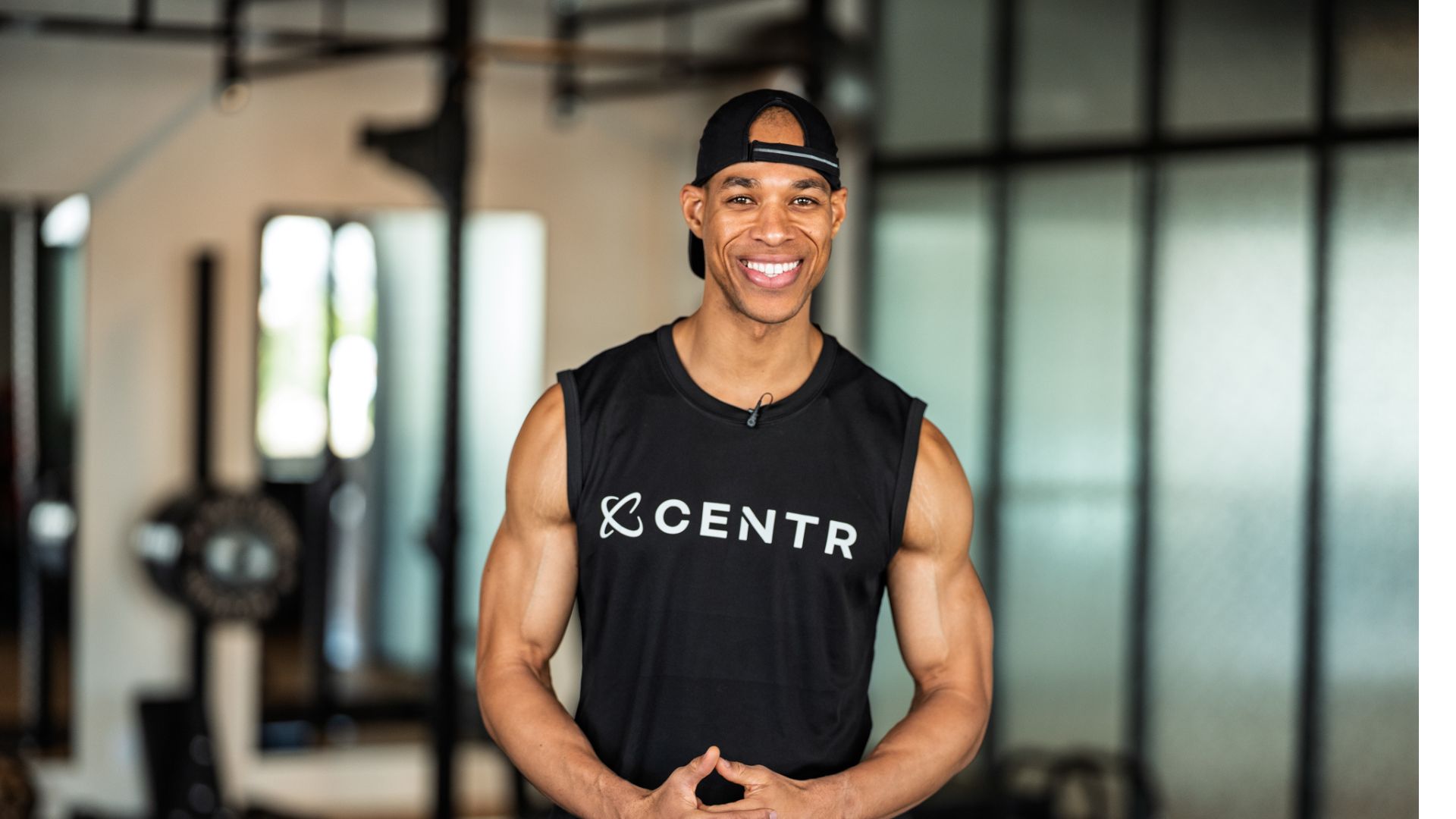 I do these two things every day to stay fit and healthy, says the newest star trainer on Chris Hemsworth's fitness app
I do these two things every day to stay fit and healthy, says the newest star trainer on Chris Hemsworth's fitness appHere's how Centr's Korey Rowe trains for longevity
By Sam Rider Published
-
 I thought sports weren't for me, until I realised they're a game-changer for ticking off cardio
I thought sports weren't for me, until I realised they're a game-changer for ticking off cardioI swapped HIIT and running for tennis—and I've never felt better
By Alice Porter Published
-
 Best vitamin D supplements
Best vitamin D supplementsBUYING GUIDE Take one of the best vitamin D supplements to give your mood a helping hand this winter
By Alice Ball Last updated
-
 Six high fiber foods you should be eating
Six high fiber foods you should be eatingEnjoy these high fiber foods for better digestion and a healthier heart
By Anna Gora Last updated
-
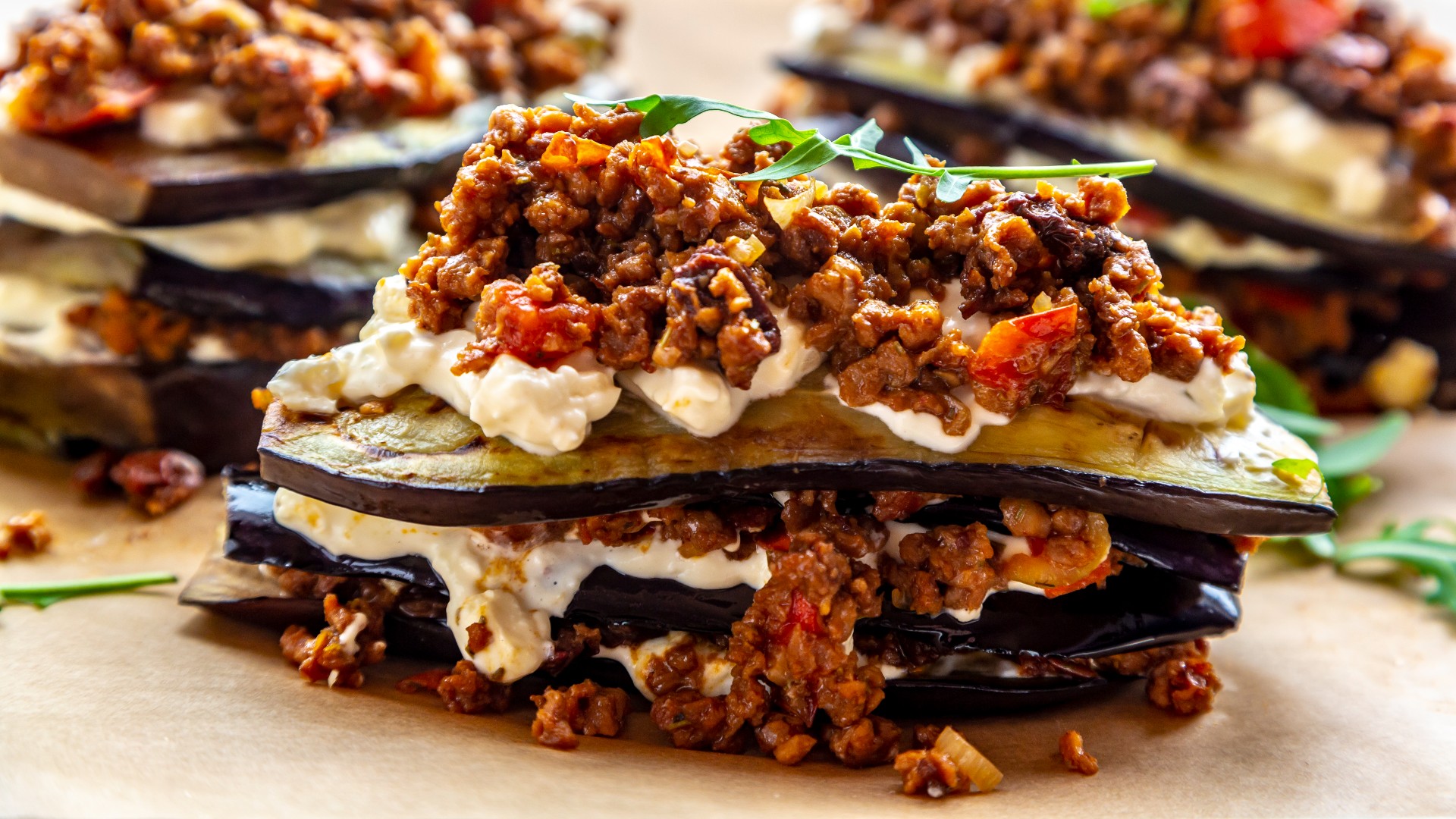 Easy low carb diet plan to help you eat well
Easy low carb diet plan to help you eat wellNutrition Looking for a low carb diet plan? We asked a dietician to share everything you need to know
By Alice Porter Last updated
-
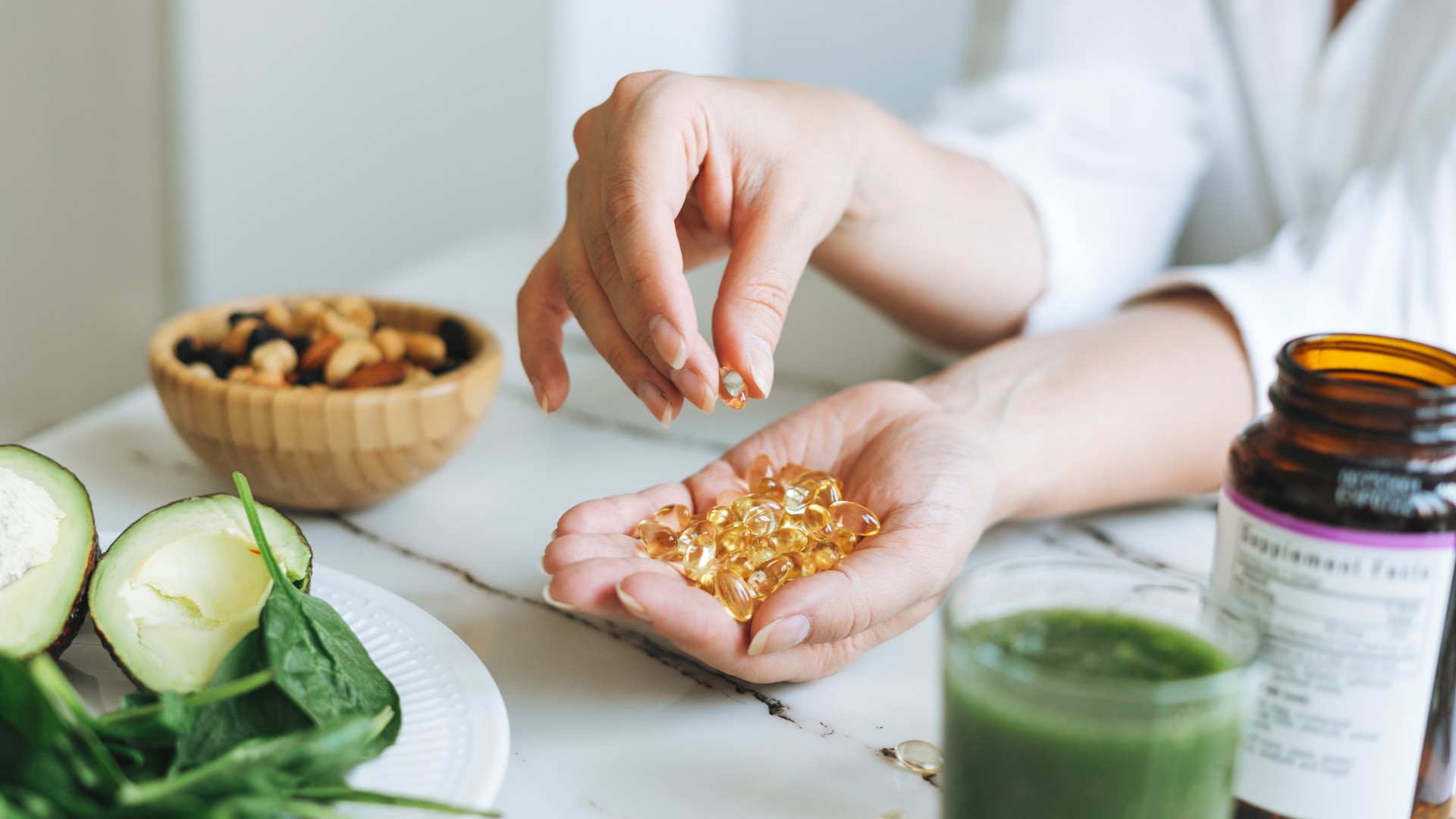 Do multivitamins work? Here’s what a nutritionist has to say
Do multivitamins work? Here’s what a nutritionist has to sayDo multivitamins work or is it better to take individual supplements? We find out which option is better and whether you need to supplement your diet at all
By Alice Porter Last updated
-
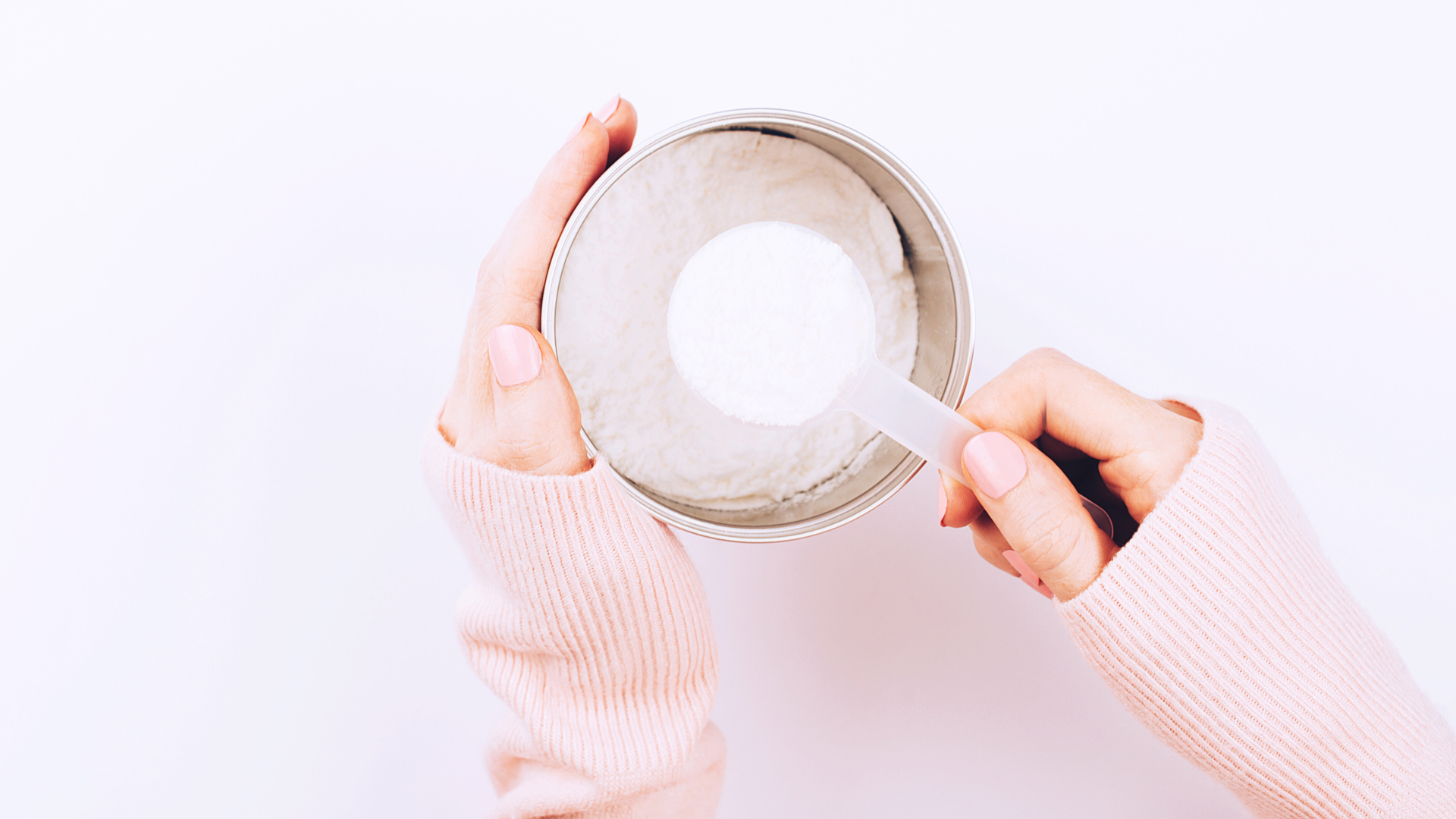 Collagen vs whey protein: what’s the difference?
Collagen vs whey protein: what’s the difference?Protein supplements are incredibly popular, but which type is best for your health? A dietician weighs up the pros and cons of collagen vs whey protein
By Alice Porter Published
-
 Foods for energy: what to eat to combat tiredness and fatigue
Foods for energy: what to eat to combat tiredness and fatigueFeeling tired? You may think that the only way to revive yourself is by going back to bed, but these foods for energy could help you feel full of life
By Alice Porter Published
-
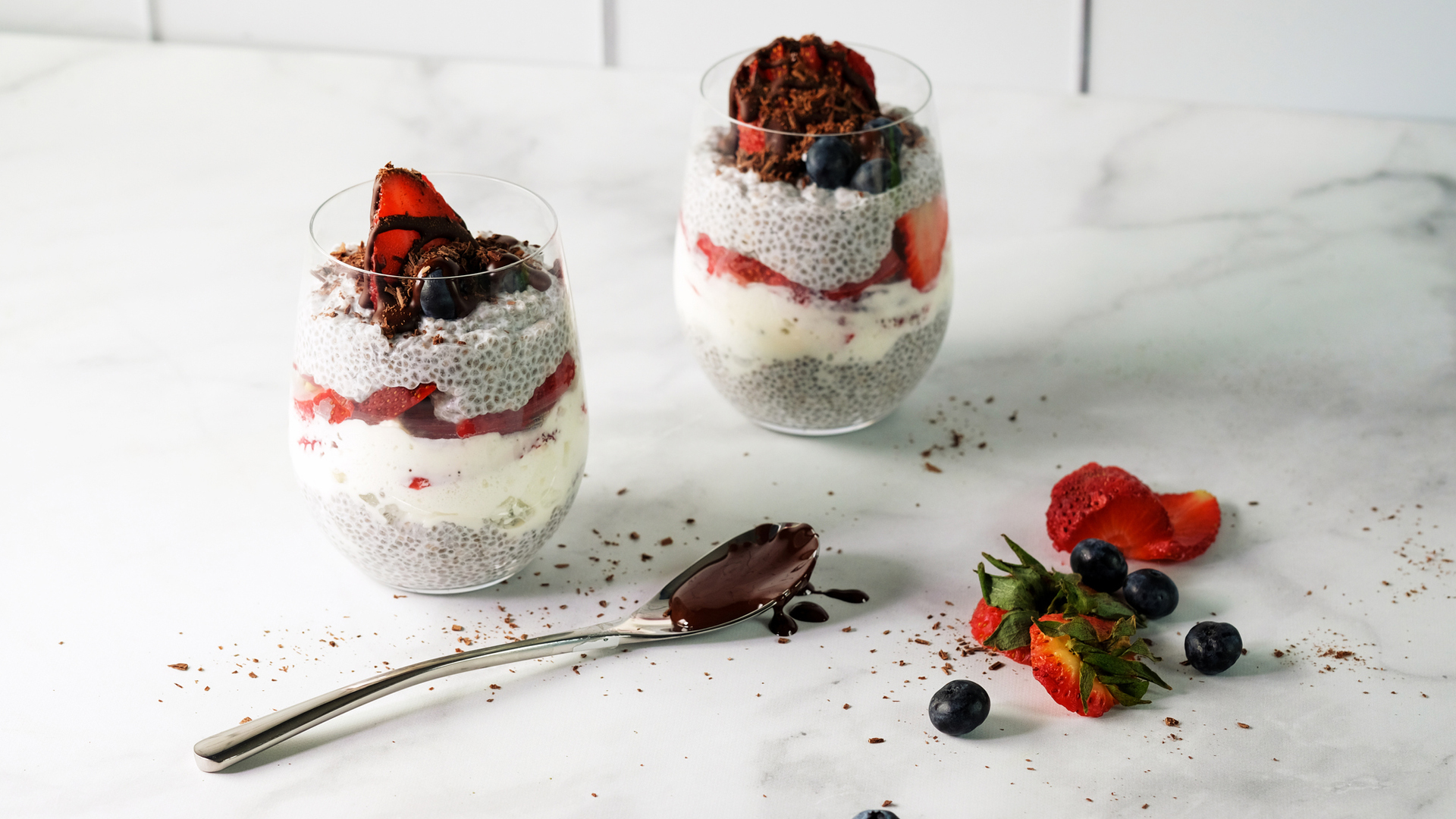 11 high protein desserts to satisfy your sweet tooth
11 high protein desserts to satisfy your sweet toothThese tasty high protein desserts will help to fill you up and build lean muscle
By Maddy Biddulph Last updated
-
 Which vitamins help anxiety?
Which vitamins help anxiety?Wondering which vitamins help anxiety? Here's everything you need to know
By Meg Walters Published